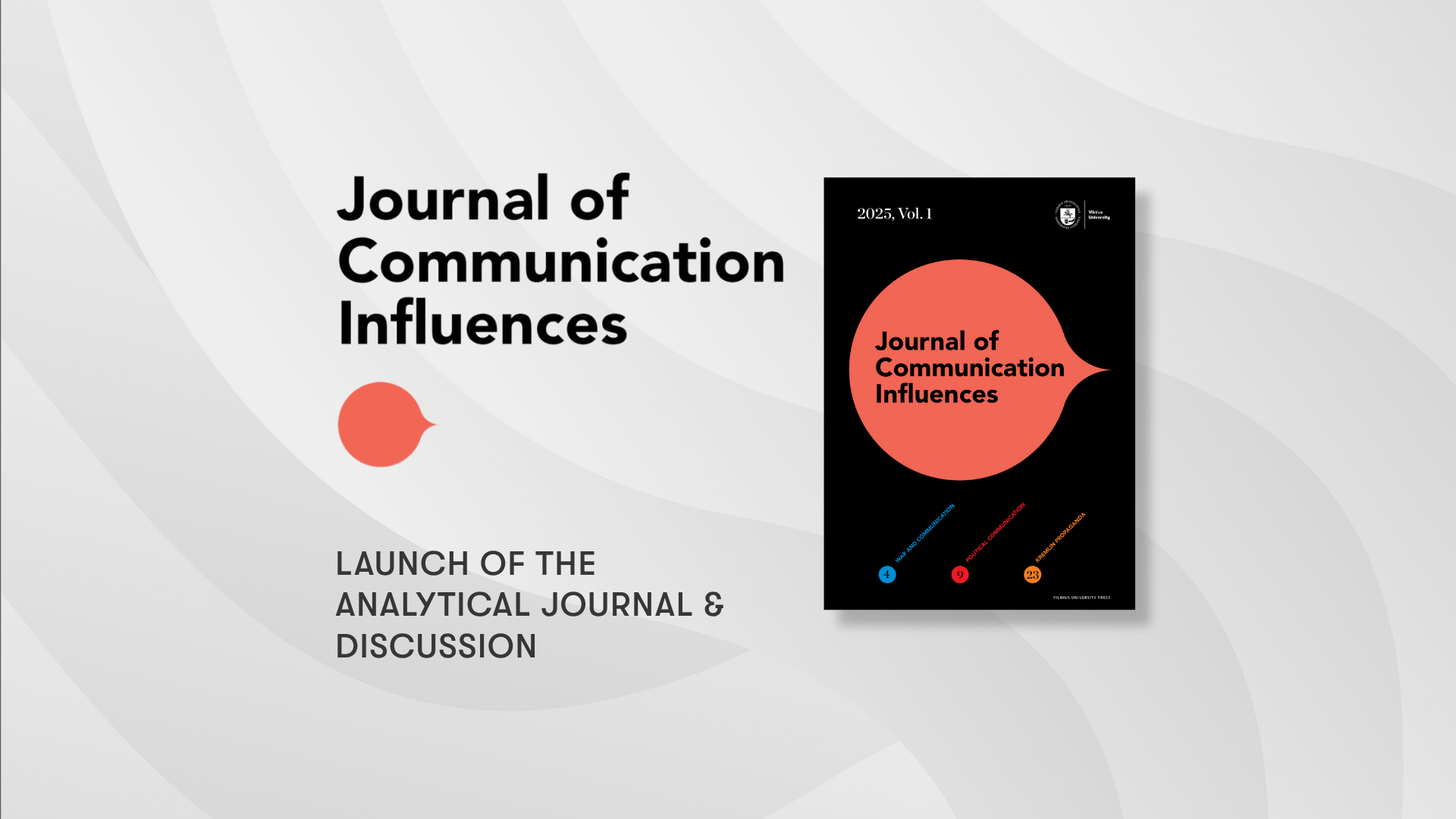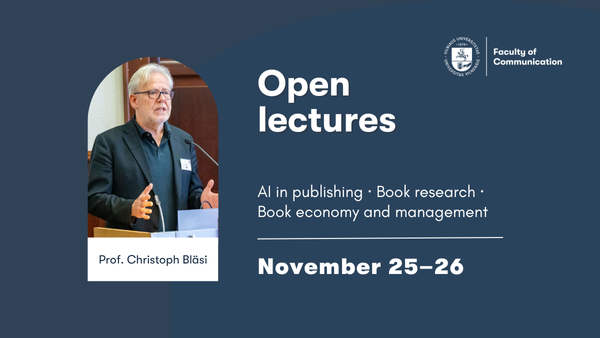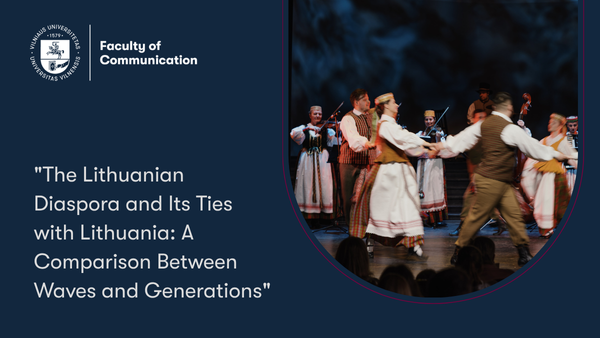Department of Information and Knowledge Management
Saulėtekio ave. 9, Ist building
603 room
Tel. +370 5 236 6119
Head of the Department
prof. dr. (HP) Zenona Atkočiūnienė
Scientists
- Assoc. Prof. Dr Adomas Vincas Rakšnys
- Junior Asst. Gintarė Kriaučiūnaitė Lazauskienė
- Assoc. Prof. Dr Ingrida Girnienė
- P'Ship Assoc. Prof. Justas Gribovskis
- Prof. Dr Asta Mikalauskienė
- Asst. Prof. Dr Saulius Preidys
- Assoc. Prof. Dr Daiva Siudikienė
- Assoc. Prof. Dr Erika Janiūnienė
- Asst. Prof. Dr Saulė Jokūbauskienė
- Communication and Information Theory
- Information Interaction in Society
- Knowledge Society
- Examination the Efficiency of Human Communication Processes
- Impact of Information Technologies on the Change of Knowledge Society
Projects Supported by University Budget
Information and Knowledge Management Activities in Promoting Innovation in the Context of the Information Society Development. Prof. Dr. Z. Atkočiūnienė. 2017–2020.
The purpose of the research was to examine the efficiency of human communication processes and the impact of information technologies on the change of knowledge society. The theme of the research was pursued by carrying out theoretical and applied research on organisational communication, public relations, information and knowledge management and information technologies. In 2018 under research goals the national scientific conference Information and Communication Expressions of Theory and Practice’ 2018 was organised.







